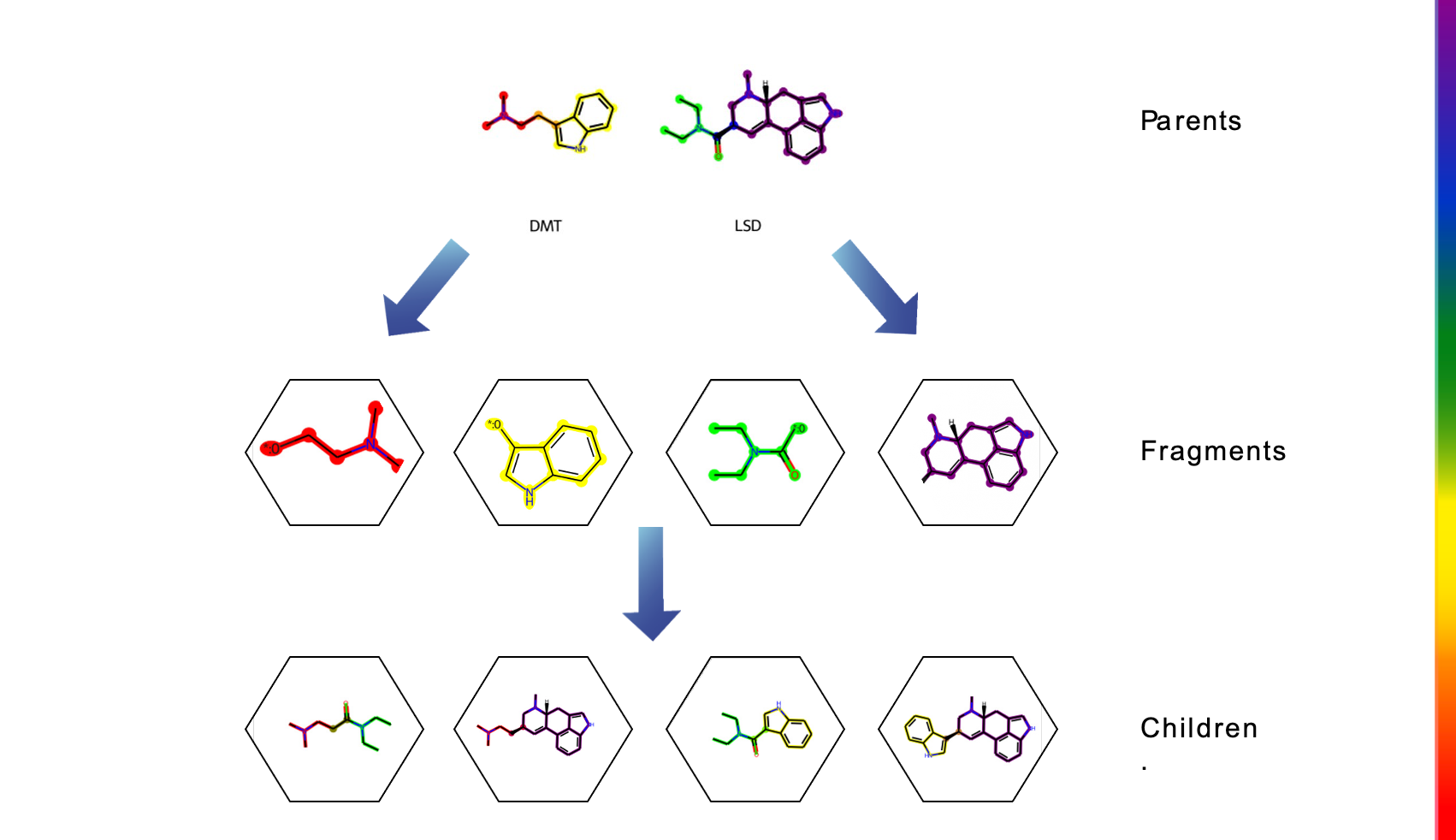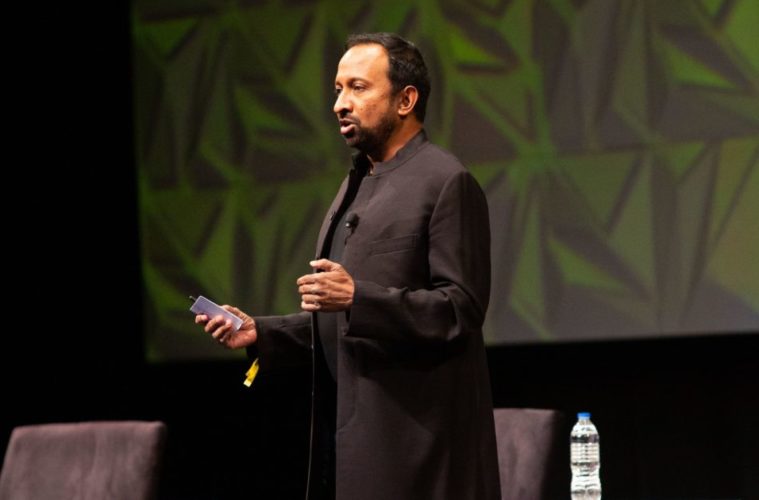Artificial intelligence and psychedelics are two of the most rapidly developing spaces on the globe. We sat down with April19 founder Dr. Suran Goonatilake to talk about the merging of the two.
While we had a lot of fantastic conversations at the largest psychedelic medical conference of all time last week, it’s fair to say we found ourselves picking up our jaws from the floor at Microdose Miami as we learned about April19’s results so far.
But first, just so you can wrap your head around Goonatilake’s work before April19, he is a visiting professor at the University College London Centre for Artificial Intelligence. He has already founded companies in the AI space and had successful exits. Goonatilake got his Ph.D. in machine learning and co-founded Searchspace for the finance sector. He is the co-editor of the books “Intelligent Systems for Finance and Business” and “Intelligent Hybrid Systems.” He was made an officer of the Order of the British Empire in 2005.
“AI does the work so humans can be on the beach. That’s the general gist of it,” Goonatilake told L.A. Weekly.
Essentially, April19 taught the AI the work of Alexander Shulgin. Shulgin is the godfather of modern psychedelic science and most notably invented MDMA among an array of other beneficial substances he would sample with his wife before bringing them to dinner parties with friends. April19 told the AI to go nuts. In the process, the AI identified 17 new compounds that have the potential to provide healing benefits.
But it gets crazier.
With the DEA’s approval of an increase in the psychedelic research supply chain, there is going to be tons of data for the AI to process over the next 24 months as more psilocybin and MDMA is eventually divided up between researchers across the nation. The AI will be able to use any kind of human data it’s able to get its hands on moving forward to make its process even more refined.
“What we’ll show today is that you can use the power of evolution. So this is a particular style of AI called evolution machines to discover new psychedelic components,” Goonatilake said. “Evolution is arguably the most powerful problem-solving issue we know. That’s why we’re all here. And that’s what we’re trying to harness. That’s what we have harnessed. So the starting point for the work that we presented today was that the Godfather of psychedelics.”
Goonatilake took a minute to go heavy on the Shulgin praise given most of the psychedelic compounds of the last 50 years were discovered by him. He argues the entire industry is built on top of a foundation built by Shulgin.
April19 would start its work with the same four compounds that were known at the start of Shulgin’s work. They are DMT, LSD, psilocybin and mescaline.
“We started with those four compounds and then we applied this evolutionary approach called evolution machines, which effectively combines different parts of the molecule into different novel ways,” Goonatilake explains. “And in this case, we can test whether those things are good enough based on how well it fits into your receptor – in this particular case, this receptor – and you’ll let this run continuously producing better and better campaigns.”
The AI allows the April19 team to replicate decades’ worth of lab work rapidly. And the machine learning process never stops. As I type this, as you read it, the machine is hunting down new compounds regardless of water and food.
“Then we let it run further. We let it run longer,” says Goonatilake. “And then we have 21 AI modules that test whether those molecules are any good or not.”
The modules check things like whether the compound will be able to penetrate the blood-brain barrier or be toxic to your heart.
“After all that testing they get to potential candidate molecules that you can take orally as opposed to injections because the injections are a pain in the neck and it looks like a central nervous system drug,” Goonatilake notes. “And then we come up with a whole bunch of new molecules which were never known before that we’re now ready to license.”
So far, 17 molecules have checked all the boxes when reviewed by the AI modules. Each one, separately, is considered very promising for its potential.
And now that Goonatilake and the team at April19 have done the cutting edge part, they can push their work into a more traditional biopharma model to capitalize on it in hopes of eventually getting these compounds to consumers down the line.
The next step for April19? New substances that work on even more receptors in the brain.
“Turn on not one but many other receptors as well,” Goonatilake explains. “And some of them partially, not fully. I think that’s going to be one area where future blockbuster drugs are going to be and another area that people are very excited about. It is about psychedelics that are not hallucinogenic.”
Advertising disclosure: We may receive compensation for some of the links in our stories. Thank you for supporting LA Weekly and our advertisers.

